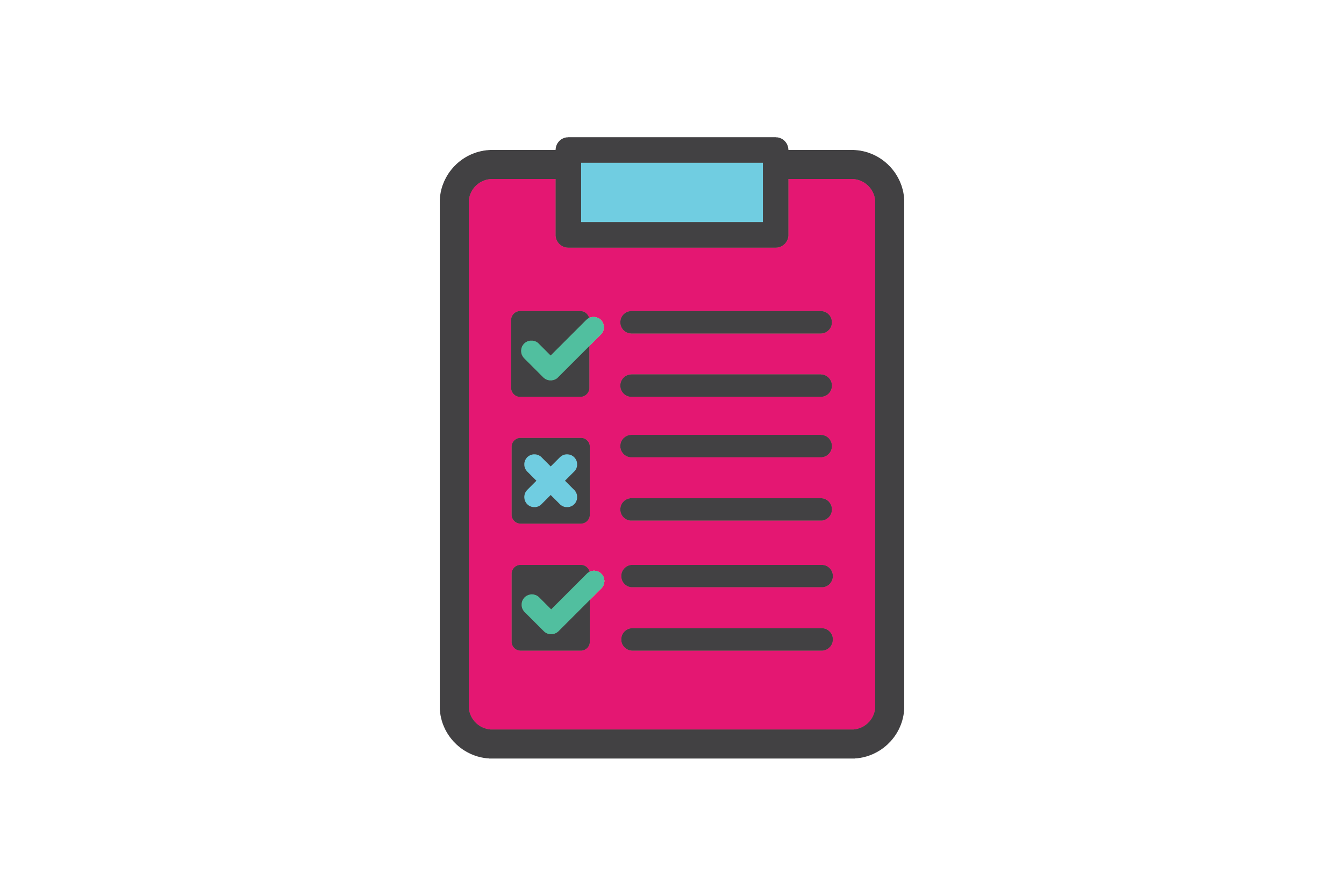Factors associated with women’s supplemental screening intentions following dense breast notification in an online randomised experimental study – Brooke Nickel et al
Controversy surrounding recommendations for supplemental screening (ultrasound and magnetic resonance screening) in women with dense breasts exists, as the long-term benefits from these additional modalities may not outweigh the harms. This study aimed to examine factors associated with supplemental screening intentions following a hypothetical breast [...]



